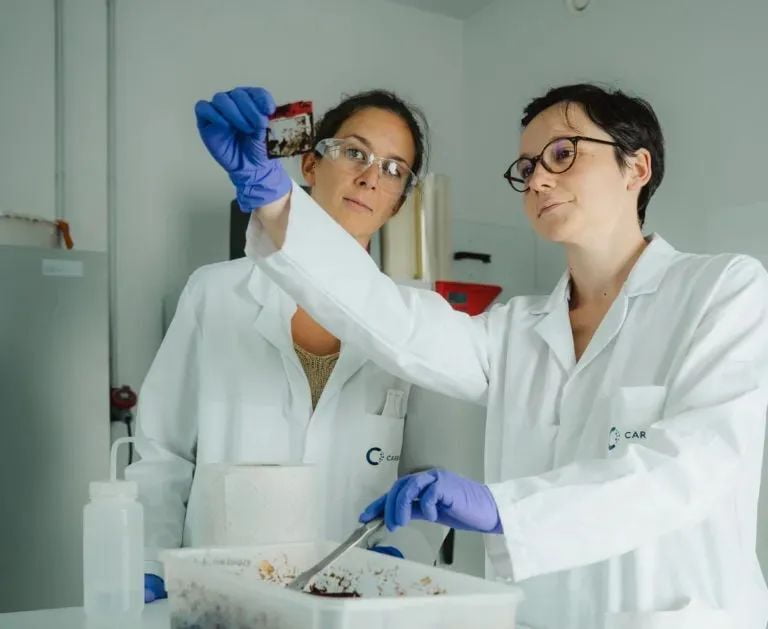Carbios has been developing enzyme recovery technology since its inception in 2011. Its PET degradation enzymes have proven to be superior to competitors.
On March 5, the France-based biotech company also developed enzymes that aid in biodegradation. Its enzymatic biodegradation process makes polylactic acid (PLA) 100 percent compostable, even at room temperature, thus increasing the material's compostability, which is usually only possible under industrial conditions with controlled temperatures.
The enzyme is called Carbios Active and was developed by Carbiolice, a company of the Carbios Group. It allows plastic packaging made from PLA to be collected with biowaste and recycled through industrial or household composting or methanization. The enzyme is directly integrated into the manufacture of flexible or rigid PLA packaging without any changes to the production line. According to Carbios, the technology remains intact for the life of the product and does not change its mechanical properties. The encapsulated enzyme is said to become active only when collected with biowaste and under composting conditions.

Carbios Active is now listed on the U.S. Food and Drug Administration's List of Valid Food Contact Substances (FCS) in the U.S. with a Food Contact Notification (FCN) designation of 2325.
This means that the enzyme can be used in the manufacture of packaging materials sold and in contact with food in the U.S., including applications such as rigid and flexible packaging.Carbios Active was also recently certified by the Biodegradable Products Institute (BPI), the North American authority on compostable products and packaging.
Product safety is a top priority for Carbios, and we view the FDA's FCN as the gold standard," said Emmanuel Ladent, Carbios CEO. "The U.S. is a major market for Carbios' biodegradable solutions, and we expect the FCN clearance to drive additional demand in North America in 2024."

